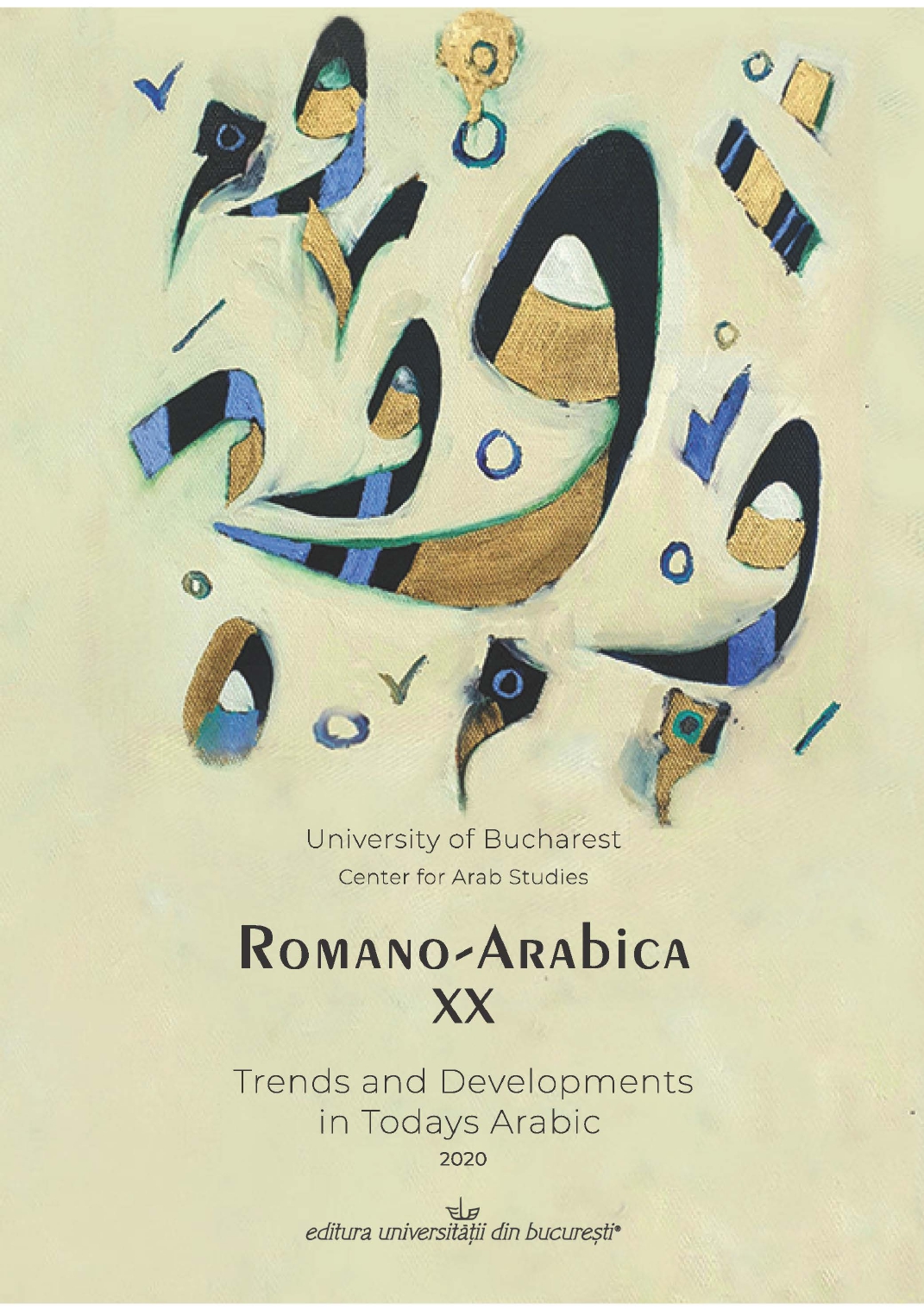IS MSA DEVELOPING A WRITTEN COMMUNICATIVE APPROACH? EXAMPLES OF VOCABULARY, STYLISTIC AND SYNTACTIC SIMPLIFICATIONS IN ON-LINE JIHADISTS’ POSTS
IS MSA DEVELOPING A WRITTEN COMMUNICATIVE APPROACH? EXAMPLES OF VOCABULARY, STYLISTIC AND SYNTACTIC SIMPLIFICATIONS IN ON-LINE JIHADISTS’ POSTS
Author(s): Letizia LombezziSubject(s): Language and Literature Studies, Syntax, Stylistics
Published by: Editura Universităţii din Bucureşti
Keywords: Arabic Variation; Style and Function; Written MSA; On-line Arabic; Media Arabic;
Summary/Abstract: Discussion and research about the communicative approach have mostly concerned the spoken dimension. It is true that communication itself aims at both informing and persuading, where persuasion –underpinned by ideologies – equals propaganda, and propaganda persuasive campaigns may also take place in writings like the ones of jihadist groups. Such propaganda assigns the utmost care to effectiveness, and precise styles are adopted in short posts or messages too. In the past (Labov 1972, Weinreich 1953) discourse studies and stylistic variations were mostly related to the spoken dimension of languages, compared to the standard one, and recently both written hybrid manifestations and media Arabic have been investigated (Eid 2007). I now suggest to consider jihadist posts, where an over-simplified written style is showed and communication is mediated by computers (CMC). Linguistics motivates stylistic variations by the speaker’s attitude (and not the writer’s one!). However, the recent proliferation of easy-to-access media outlets calls for some remarks in the field of MSA writing practices, which affect the stylistic level and trigger discourse variations. May the jihadist propaganda style contribute to the elaboration of a new written code, at least in media Arabic, distinguished by a general simplification of grammar categories, linguistic structures, and lexical oppositions? The selection of posts I provide exemplifies the generalization of easy-to-apply rules, syntactic-semantic functions, and repetitive word order or chunks. In conclusion, hypotheses for typification, enregisterment and the birth of anew genre are suggested for final discussion.
Journal: Romano-Arabica
- Issue Year: XX/2020
- Issue No: 20
- Page Range: 203-210
- Page Count: 8
- Language: English

